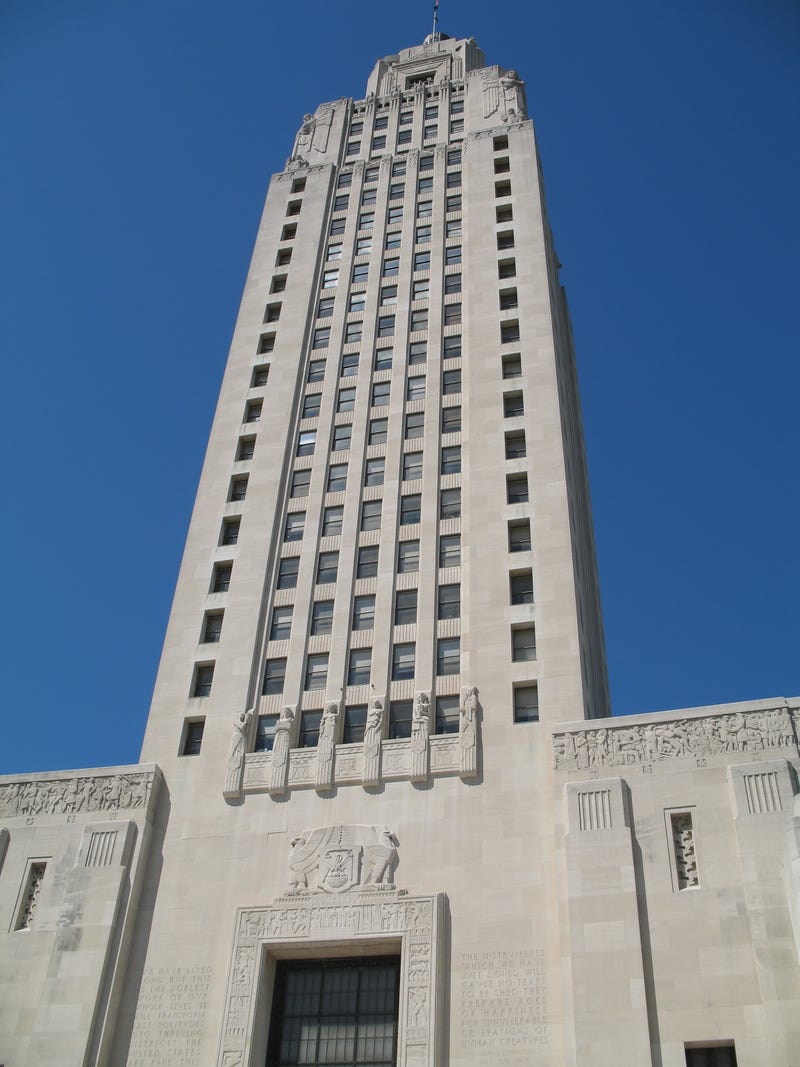
Louisiana Attorney General--and gubernatorial candidate--Jeff Landry is backing a house bill to make certain criminal records public.
House Bill 321, from Kenner Republican Debbie Villio, looks to make criminal records, particularly juvenile records of offenders over the age of 13, available to the public at no cost.
WWL approached Loyola Law Professor and legal analyst Dane Ciolino for his take on the bill.
“There is a lot to be said for making Louisiana court records more accessible to the public. The access to court records varies widely among the various clerks of court across the state.”
OK, streamlining court record accessibility making them available in one unified fashion.
That’s a plus.
But this is seen as more than a revamping of the record collection and access bill.
Kenner Republican Debbie Villio has crafted a bill that could have far reaching effects.
“Obviously the voters are concerned about criminal justice issues and crime,” Ciolino points out. “So, to the extent that this is an effort to speak to those voters it certainly speaks to further that goal as well.”
For an adult, having a criminal record means a lot of doors are closed to them.
But HB321 also makes the criminal record of juveniles over the age of 13 open to review as well.
“The type of offender the juvenile justice system wants to take out of society and direct its most effective rehabilitation efforts toward,” Ciolino says. “Whether this legislation will be so narrow or broadly allow access to juvenile records remains to be seen as the bill goes through the legislative process.”
The Attorney General is on record saying if HB321 does become law, he will support the formation of a victim notification network to contact people by text or email of upcoming proceedings and case developments. Victim’s advocates say the current notification system needs serious and significant improvements.
On the other hand, juvenile advocates argue the bill masks the harmful effects HB321 would have on juvenile offenders if their prior bad acts as youthful offenders became part of public knowledge.
Then there’s the mechanism by which HB321 would go into action.
HB321 calls for the creation of a pilot program to be run in the three parishes in the state suffering from violent crime: Orleans, Caddo, and East Baton Rouge.
But it’s also no mystery that these three parishes are predominantly African American.
Again, juvenile advocates say HB321 would have a detrimental effect on marginalized communities.
And with Black youths more likely to be jailed than whites, it’s just another impediment to getting a fresh start in adulthood.
Still, AG Landry is in support of the bill for the change it will have on the workings of the justice system.
Landry has said the maintaining of law, dispensation of justice is impossible when proceedings are conducted behind closed doors.
He says HB321 will expose failures of the justice system such as incompetent or weak District Attorneys and judges who fail to adequately mete out judgement for violent crimes that call for more than just juvenile life—incarceration until they are 21.
